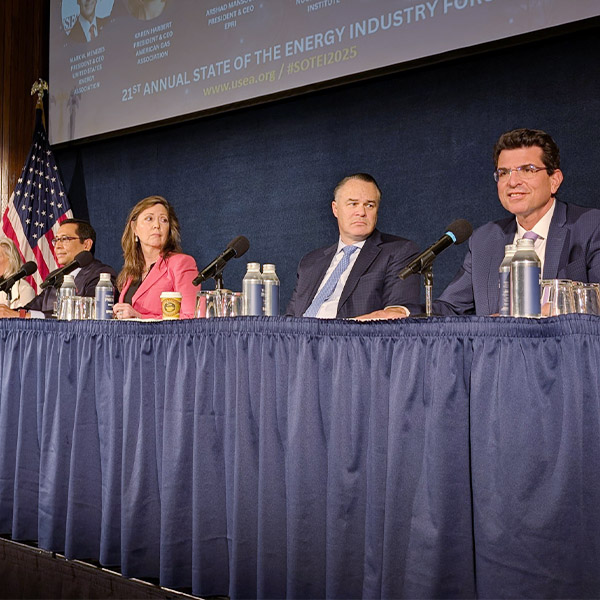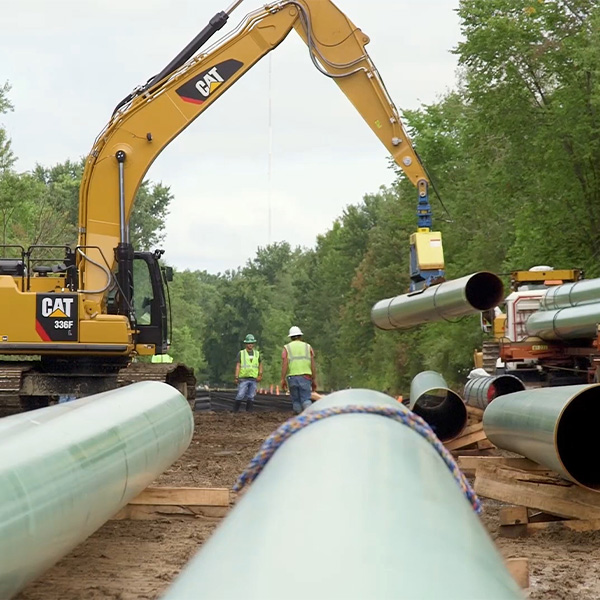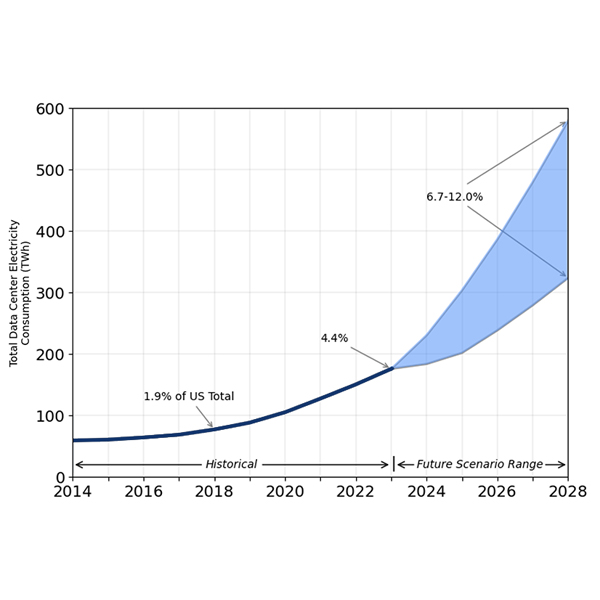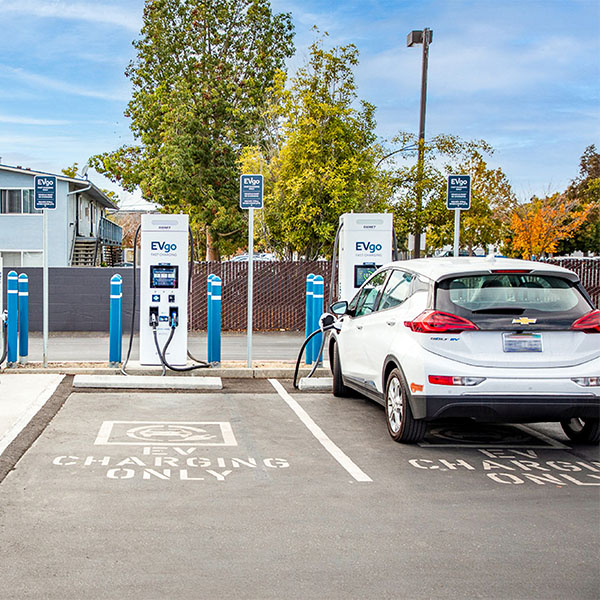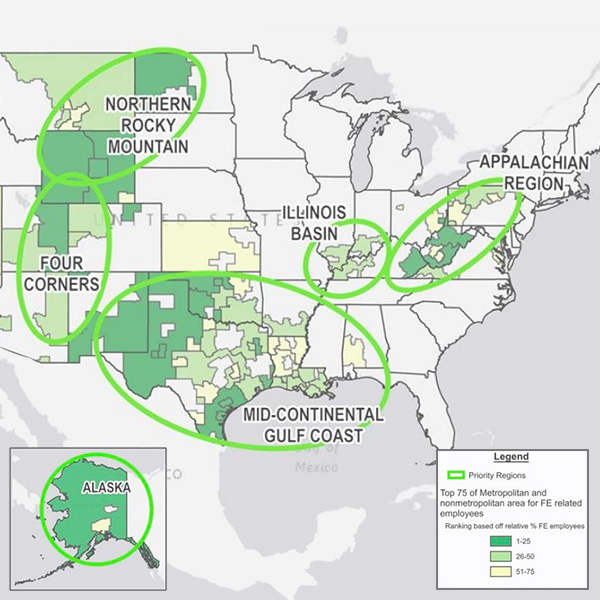Coal
The Energy Association's 21st Annual State of the Energy Industry Forum reflected the quickly shifting landscape of national energy policy and the resulting shift in industry priorities and narratives.
The D.C. Circuit found the commission appropriately approved a new pipeline in Indiana meant to serve new natural gas generation that the state approved.
The rising opposition to the Maryland Piedmont Reliability Project, a 67-mile, 500-kV transmission line, and general dissatisfaction with PJM and utility grid planning and interconnection policies, are driving new bills in the General Assembly.
The data center dilemma centers first on a familiar mismatch of timescales. Utilities and their regulators tend to plan based on the small, incremental demand growth. But development and the power demand it generates move at ever-increasing digital speed.
Data centers’ voracious appetite for electricity could spike more than threefold over the next four years, rising from 4.4% of U.S. power demand in 2023 to as high as 12% in 2028, according to the Lawrence Berkeley National Laboratory.
EVgo CEO Badar Khan said expanding the availability of fast chargers is “a key ingredient to the long-term competitiveness and sustainability of the U.S. automotive industry."
Resources for the Future released a report evaluating the Interagency Working Group on Energy Communities, a Biden administration effort to coordinate federal help to communities that lost jobs and other economic benefits from retiring coal plants and mines.
The NCUC approved Duke Energy's second Carbon Plan and Integrated Resource Plan, authorizing procurements of renewable energy, nuclear and demand response, while calling for its 8,000 MW of coal to be retired in 2036.
Finding the sites and hundreds of megawatts of power data centers is “rather limited,” so said talks at the U.S. Energy Association’s Energy Tech Connect Forum.
Debating the impact of FERC's Rule 1920, Abe Silverman of Johns Hopkins told states to "codify, codify, codify" their energy policy goals and policies to ensure PJM has to take them into account in compliance.
Want more? Advanced Search
